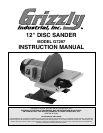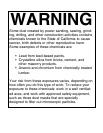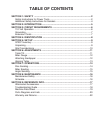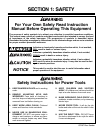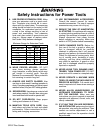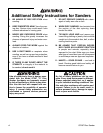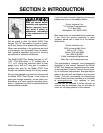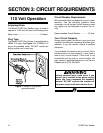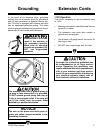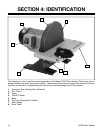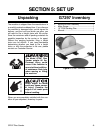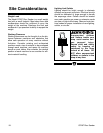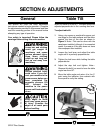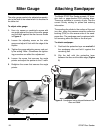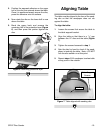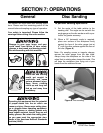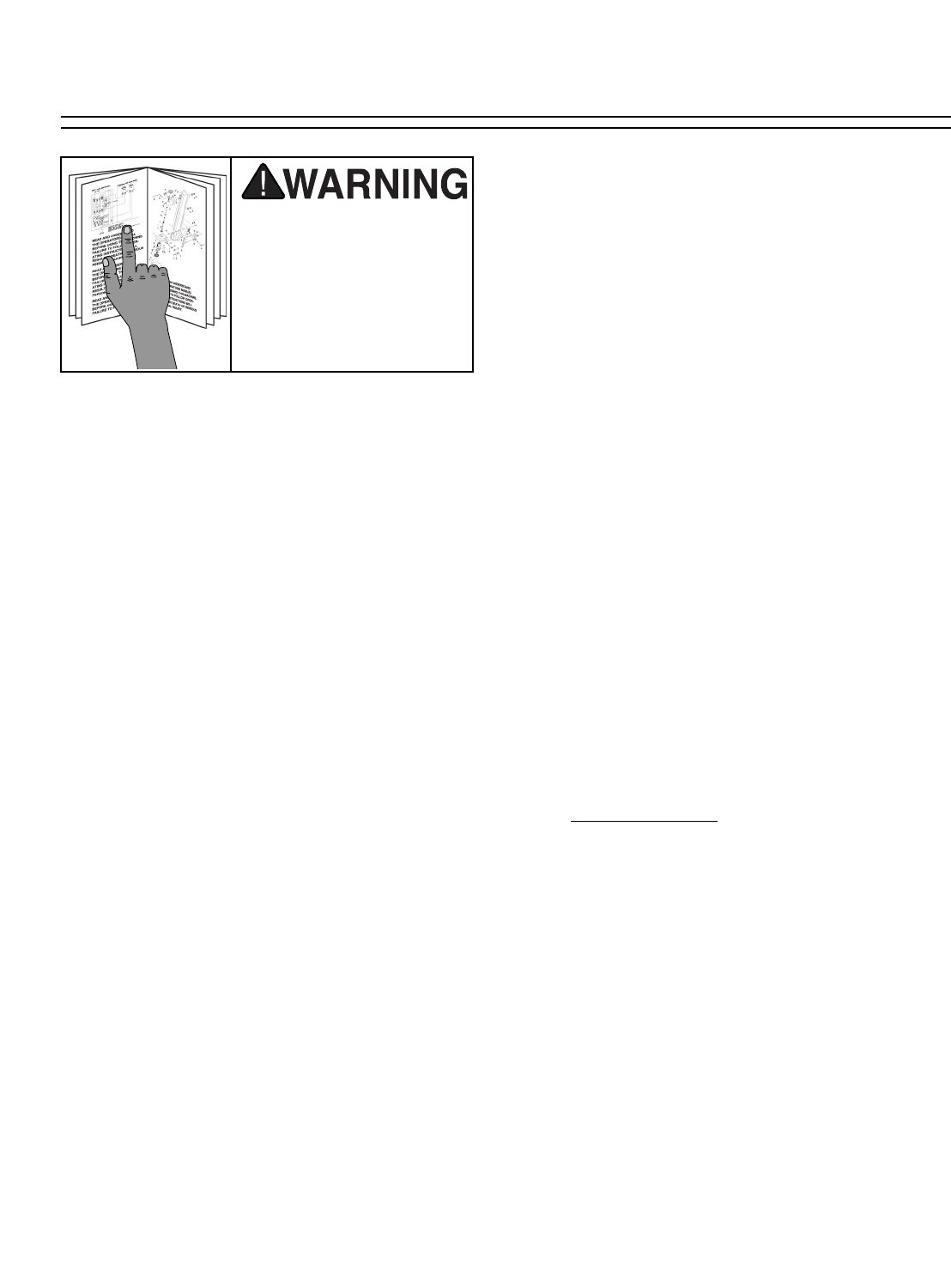
G7297 Disc Sander -5-
We are proud to offer the Model G7297 Disc
Sander. This 12" disc sander is a part of a grow-
ing Grizzly family of fine woodworking machinery.
When used according to the guidelines set forth
in this manual, you can expect years of trouble-
free, enjoyable operation and proof of Grizzly’s
commitment to customer satisfaction.
The Model G7297 Disc Sander features a 1 HP,
110V, 1725 RPM motor, a 12" sanding disc, a
17
1
⁄4" x 8
1
⁄4" tilting cast aluminum table, a miter
gauge, and a built in 2" dust port. A number of
sanding disc grits for the Model G7297 Disc
Sander are available through the Grizzly catalog.
We are also pleased to provide this manual with
the Model G7297 Disc Sander. It was written to
guide you through assembly, review safety con-
siderations, and cover general operating proce-
dures. It represents our effort to produce the best
documentation possible.
If you have any comments regarding this manual,
please write to us at the address below:
Grizzly Industrial, Inc.
C
/O Technical Documentation
P.O. Box 2069
Bellingham, WA 98227-2069
Most importantly, we stand behind our machines.
If you have any service questions or parts
requests, please call or write us at the location
listed below.
Grizzly Industrial, Inc.
1203 Lycoming Mall Circle
Muncy, PA 17756
Phone: (570) 546-9663
Fax: (800) 438-5901
E-Mail: techsupport@grizzly.com
Web Site: http://www.grizzly.com
The specifications, drawings, and photographs
illustrated in this manual represent the Model
G7297 Disc Sander as supplied when the manu-
al was prepared. However, owing to Grizzly’s pol-
icy of continuous improvement, changes may be
made at any time with no obligation on the part of
Grizzly. For your convenience, we always keep
current Grizzly manuals available on our website
at www.grizzly.com
. Any updates to your
machine will be reflected in these manuals as
soon as they are complete. Visit our site often to
check for the latest updates to this manual!
Read the manual before
assembly and operation.
Serious personal injury
may result if safety or
operational information
is not understood or fol-
lowed.
SECTION 2: INTRODUCTION



